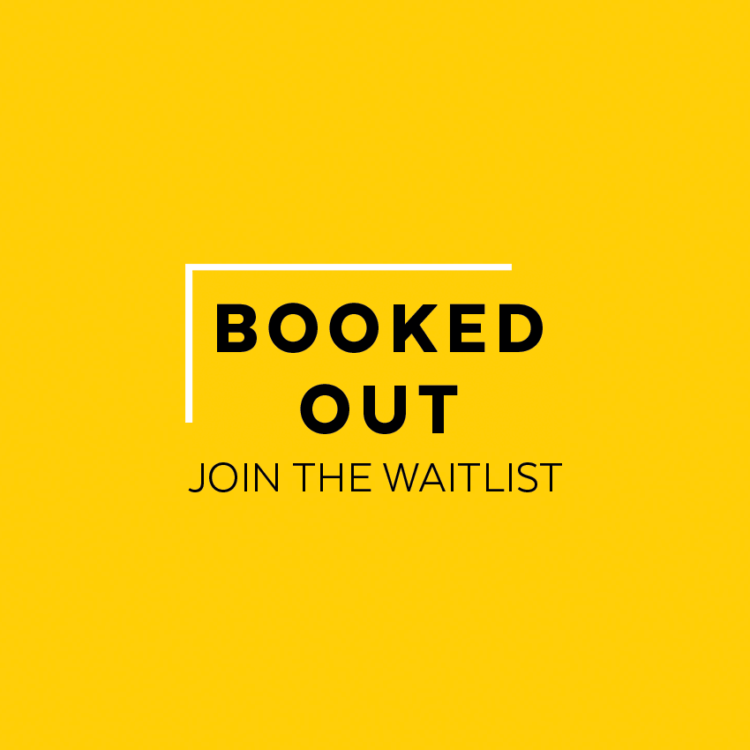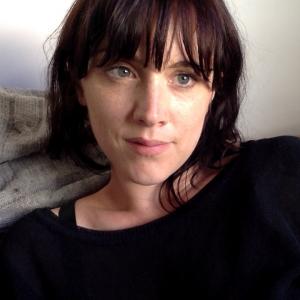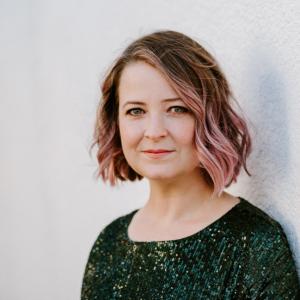This course consists of 18 x evening sessions, Wednesdays, 6.30 – 8.30pm (AEST).
Session 1: May 8 — Shivaun and Bec
Introduction: Meet your tutors and solidify your intentions for the course.
Session 2: May 15 — Shivaun (with guest writer Lili Wilkinson)
Story, structure, plot: What makes a story ‘YA’? How do plot, structure and story work together? How do you determine the best framework for your novel? How do you maintain an intensity and momentum that will engage a YA reader?
Session 3: May 22 — Bec
Beginnings, middles and ends: How do you hook a reader from the first line and sustain their interest through the novel? What note will your novel end on? How do you know when to walk away?
Session 4: May 29 — Shivaun
Point of view and voice: How do you choose a POV and tense to tell your story? How do you create an authentic and engaging narrative voice?
Session 5: June 5 — Bec
Theme, imagery and symbolism: What is your story about? What is it really about? And how can you create powerful images that bring these themes to life using sensory detail?
Session 6: June 12 — Shivaun (with guest writer Jared Thomas)
Characters: Who is at the heart of your novel and why? How do they drive the story? How do you bring characters to life? How do you construct a character’s emotional arc?
Session 7: June 19 — Bec (with guest writer Simmone Howell)
Place, setting, world building: Where is your story set? How do you create a setting that is active, not passive, and that interacts with plot and character? What does your setting reveal about the characters?
COURSE BREAK
Session 8: July 24 — Bec (with guest writer Leanne Hall)
Language and detail: How do you create and sustain a distinct narrative voice? What impact do your word choices have on the way your reader encounters your story? How do we make our sentences perform double duty?
Session 9: July 31 — Shivaun
Dialogue: How does dialogue impact plot and character? How does everyday speech differ from dialogue? Tips for crafting character specific and authentic dialogue.
Session 10: August 7— Shivaun
Scene and Summary: What is the difference between scene and summary? What roles do they each play in effectively communicating a story? How do you choose when to use one or the other?
Session 11: August 14 — Bec (with guest writer Amie Kaufman)
Genre and an intro synopsis: What is the hero’s journey, and how does it apply (or not) to contemporary YA? What are some of the conventions of particular genres within YA, and what are the conventions of YA as its own genre? How can we use genre to start conceptualising our writing and thinking about a pitch?
Session 12: August 21 — Shivaun
Consolidating, taking stock and moving forward: How do you maintain effective writing habits? How do you push through to the finish line? Tips and tricks for battling procrastination, negative thinking and writer’s block.
Session 13: August 28 — Shivaun
Editing, part 1: Structural editing focuses on refining your story’s ‘big picture’ elements, such as characterisation, plotting/pacing and themes. We’ll go over the key stages of a structural edit and apply a ‘big picture’ analysis to your story.
Session 14: September 4 — Bec
Editing, part 2: Close editing – here we’ll look at the nuts and bolts of editing, making sure we know what red flags to look for at sentence level, and learning some tips and tricks to whip a manuscript into shape.
Session 15: September 11— Bec
Pitching and synopsis boot camp: What’s your elevator pitch? We’ll be talking industry and sales and putting together (and practicing) a compelling pitch to get readers and publishers interested!
Session 16: September 18 — Bec and Shivaun
The wrap up: After revisiting your intentions and celebrating your successes, we’ll discuss where to next, set new goals for the future and discuss the current market landscape for YA.
Session 17: September 25 – Guest Agent
Session 18: October 2 – Guest Publisher
The exact course content could be adjusted according to the experience and concerns of the group and availability of guest writers.









